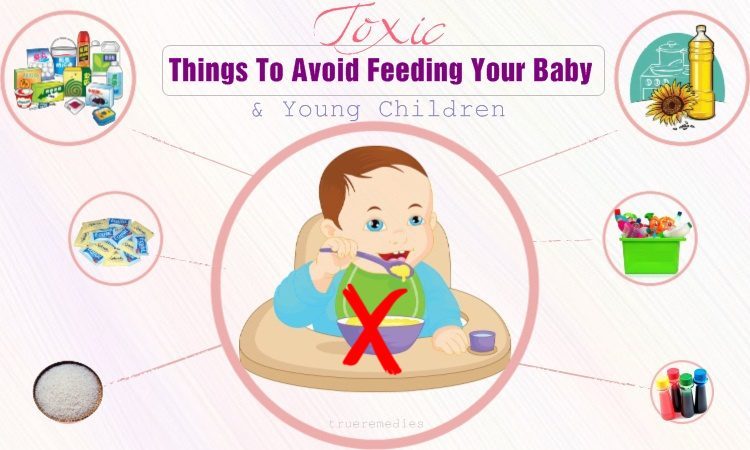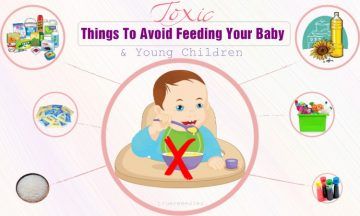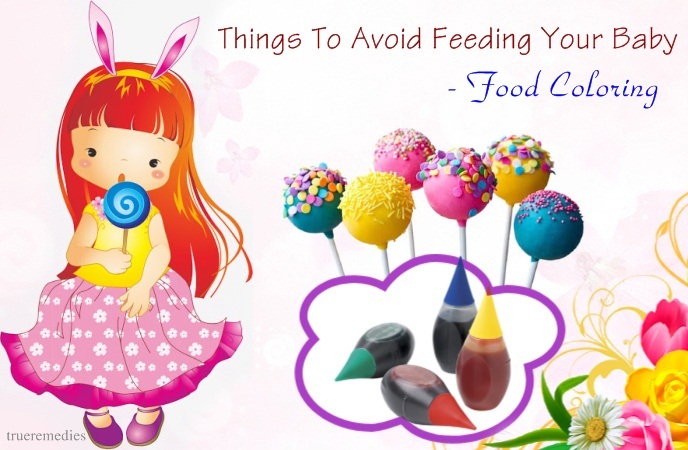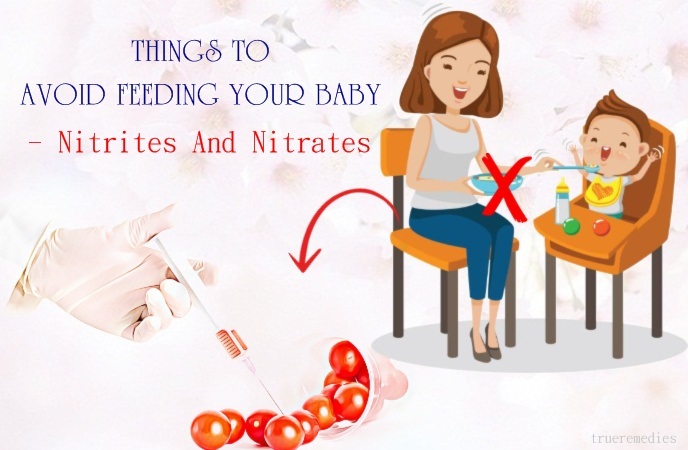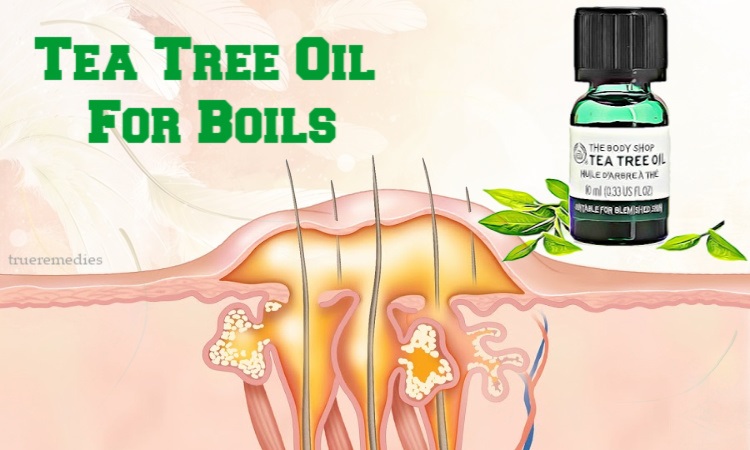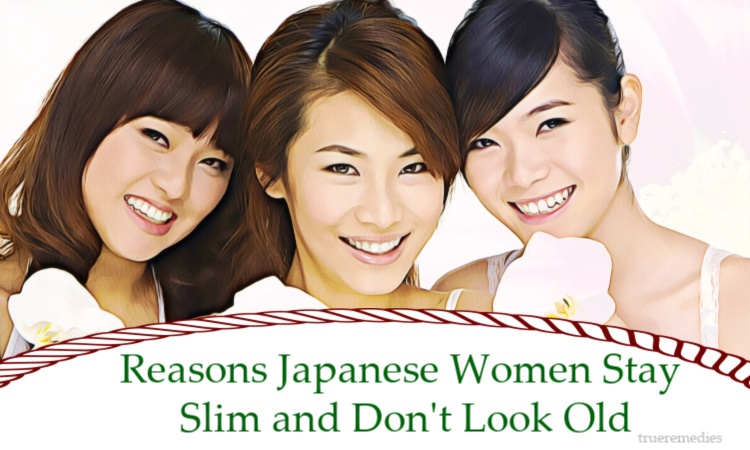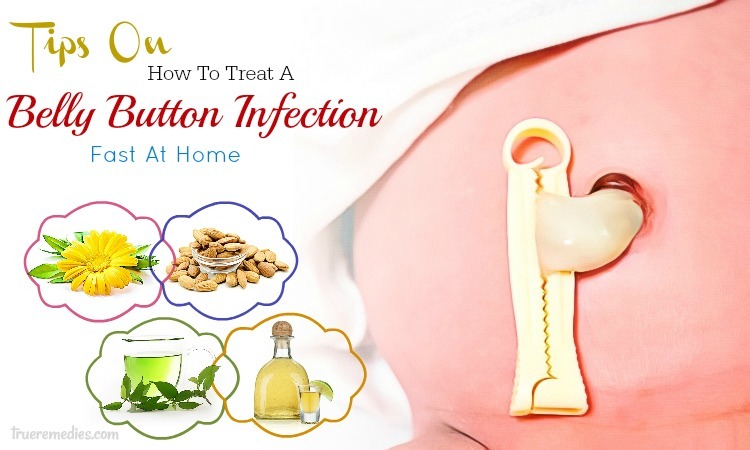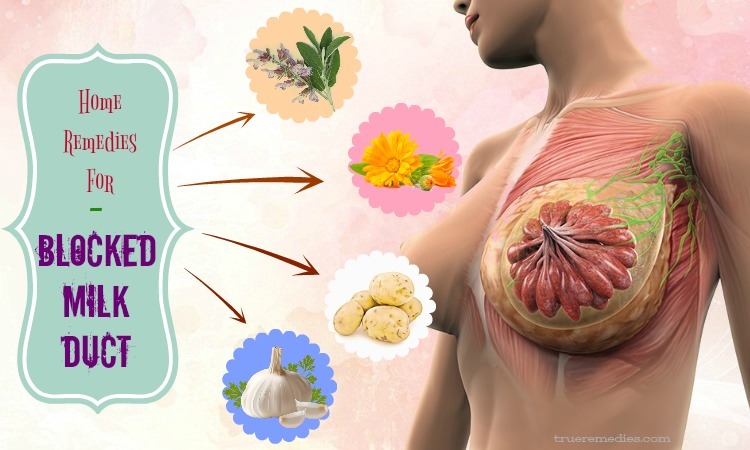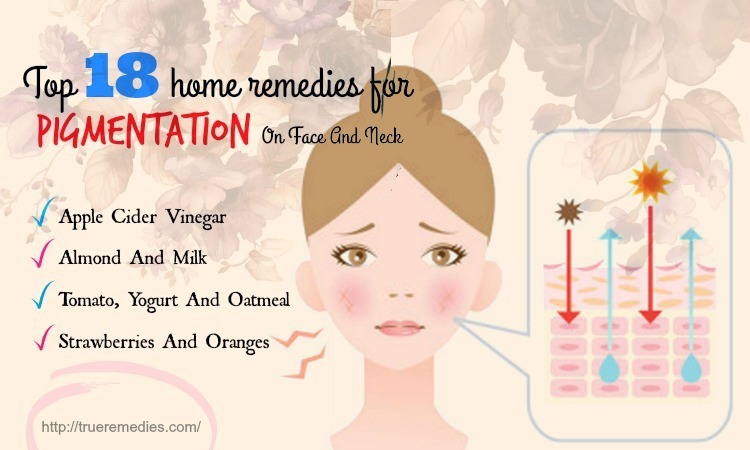Contents
A healthy, balanced diet with a variety of food options is essential for babies and young children. However, not all food ingredients are safe for your babies or ensure their proper development and growth. In the article, we would like to give you a list of unhealthy, harmful things to avoid feeding your baby and young children, which makes parenting easier.
19 Toxic Things To Avoid Feeding Your Baby And Young Children
1. Brominated Vegetable Oil
Brominated vegetable oil (BVO) is not something we cook with the dishes. Instead, it is the additive that keeps citrus flavorings in sodas and sports drinks. A study conducted at the Center for Science in the Public Interest has claimed that consuming too much-brominated vegetable oil in soda may lead to bromine toxicity[1].
Some other studies found brominated vegetable oil is linked to nerve, skin, and memory problems[2]. Unfortunately, children often like these drinks while their parents do not acknowledge the harmful effects of this substance in their body. Or they know, but they think that consuming a small amount is alright.
In fact, the effects of consuming a small amount of brominated vegetable oil remain unclear, but the BVO residues can be stored in our body fat and in the fat of the liver, brain, and other organs, putting a potential risk for our health.
Some brands of drinks like Coca-Cola and PepsiCo have agreed to remove this substance from their beverages, but it is still present in Diet Mountain Dew and Mountain Dew. Therefore, before letting your children drink sports drinks, sodas, or other fruity beverages, it is important for you to check the label.
2. Arsenic
Arsenic is a poison, but unfortunately, arsenic is found in high levels in rice you feed your kids a lot of[3] [4] [5]. Arsenic is linked to the development of children and children’s ability to learn. But many foods, including puffed snacks, cereal, and rice-based ones, are loaded with arsenic.
TrueRemedies Partner Solutions

Need a Help from the Leading Expert Online, Available 24/7?
They’re all here and ready to answer your questions online or by phone. Keep asking questions until you get the answer you need.
The effects of arsenic are more in children than in adults. For instance, eating rice, babies and children are three times more likely to gain weight than adults[6] [7].
However, we can not deny the health benefits of rice, so scientists advise letting children and babies eat a variety of grain and other foods; but make sure they are not consuming too much arsenic toxin.
3. Pesticides
Pesticides are toxic chemicals that are used to kill pests ion many vegetables and fruits, and your child might eat this food. These chemicals are present in many kinds of fruit children like to eat, such as apples, melons, berries, bananas, and oranges. This is one of the toxic things to avoid feeding your baby and children.
According to some studies, the pesticide toxin is linked to the poor development of children’s brain[8] [9]. They also found that exposure to pesticides is associated with learning disabilities[10], attention deficit hyperactivity disorder[11], and other behavioral problems[12].
The pesticides cannot be removed completely even after washing; therefore, it is the best idea for you to buy organic veggies and fruits.
4. Phthalates
Some harmful chemical is present in plastic-based products such as food containers. One of the chemicals children are often exposed is phthalates, endocrine-disrupting chemicals that interfere with the hormone relative to the development and growth of an infant and fetus[13] [14] [15] [16]. It also affects brain development[17] and reproductive development.
Therefore, to avoid the bad effects caused by the exposure to phthalates, you should avoid using plastic containers to store food.
Unfortunately, phthalates are present not only in plastic but also in many kinds of fatty foods and dairy products, as the phthalates could pass from plastics (tubing, gloves or something along with the producing and processing of these foods) to the food.
So what can you do to prevent the effects of phthalates in children’s development and growth? Our recommendation is to choose lower fat dairy such as low-fat milk, non-fat milk, ice-cream, and yogurt.
5. BPA
Included in the list of things to avoid feeding your baby, bisphenol-A (BPA) is present in many plastics, including food containers. Therefore, it is important to avoid exposure to BPA in children and babies by quitting the use of plastic baby bottles, infant formula containers, and sippy cups.
The BPA at low levels also has some harmful effects. They include behavioral disturbances[18] [19], cancer[19], and damage to the female and male reproductive system and brain[20] [21].
The inside of food can also have a lot of PBA; furthermore, you should avoid feeding your child canned foods, especially anything with a tomato base because they are high acidity.
Therefore, it is important for you to avoid buying any plastic products and feeding your child too many canned foods.
6. Food Coloring
The brightly colored candy, cereals, and sports drinks have food dyes that are harmful to children. Yellow 5, Red 40, and other synthetic food dyes are linked to adverse behavior such as hyperactivity in some kids[22] [23].
According to studies, foods with certain dyes such as Yellow 5, Red 40, and Yellow 6 that are three common dyes used in a variety of food in the U.S. are things to avoid feeding babies and children. This is because these dyes may be linked to allergic reactions like itching, hives, and swelling in sensitive people. Furthermore, certain food dyes increase the risk of cancer.
The processed foods do not let consumers know which food colorings they use in their processed foods and how much of it. But the best suggestion for you to avoid feeding your child any highly processed, brightly colored food.
7. Microwave Popcorn Bags And Food Wrappings
Children absolutely love the buttery smell of a freshly opened popcorn bags after heating in a microwave. Although it is a yummy and quick food, the lining of the bags contains some harmful chemicals such as perfluorinated chemicals which are present not only on microwave popcorn bags but also many fast-food containers and wrappers.
When you put these bags and wrappers in the high temperature, the perfluorinated chemicals will be transmitted into the food, and you are feeding your child harmful chemicals without knowing[24].
Some studies claim that perfluorinated chemicals present in fast food wrappings[25], such as sandwich and burger wrappers, Chinese food containers, fresh fry containers, and pizza boxes are linked to childhood development problems and even cancer.
8. Antibiotics In Meat And Dairy
It is recommended going organic and avoiding products from animals that are added growth hormones and antibiotics. Meat, which is not organic, is often raised by antibiotics.
Antibiotics and other growth hormones are used to make cows grow faster and produce much milk; however, there are concerns that it has an association with many human’s problems, including early puberty in children and cancer[26] [27].
Instead of meat, scientists suggest people eat grass-fed dairy and organic beef, as these animals are raised with a healthier diet without antibiotics and hormones.
Furthermore, a joint study between Clemson University and the USDA stated that grass-fed beef is loaded with higher amounts of magnesium, calcium, riboflavin, thiamine, potassium, omega-3 fatty acids, vitamin E and vitamin A than grain-fed beef. So, organic grass-fed beef is always the best choice to feed your babies and children.
9. Aspartame
Although artificial sweeteners are believed to be better than sugar, some artificial sweeteners are not safe and good for our kids. For instance, aspartame is very worrisome. Some studies in animals found the link between aspartame and cancer[28] [29]. Also, the best and largest study in humans shares the same conclusion.
According to the Massachusetts General Hospital’s recent research, artificial sweeteners affect the function and ability of an enzyme that is responsible for preventing body obesity, weight gain, and diabetes[30] [31] [32].
Therefore, to prevent the effects of aspartame on children’s health, you should avoid feeding your babies and children yogurt and other food flavored with aspartame. If your children like something sweet, it is better to choose sugar rather than aspartame.
10. Processed Meats
As reported in the International Agency for Research on Cancer, processed meats such as ham, hot dogs, and other deli meats are classified as carcinogens.
Some studies found out that eating a hot dog a day will increase the risk of colorectal cancer[33] [34]. Therefore, it is advised to limit processed and red meat to decrease the risk of colon cancer and other cancers.
Children should not eat many hot dogs, but eating a hamburger or hot dog occasionally is alright.
11. Cane Sugar And High Fructose Corn Syrup
High Fructose Corn Syrup and cane sugar are common additives because of its cheap cost and availability. Both high fructose corn syrup and cane sugar are things to avoid feeding babies and young children. High fructose corn syrup contains 45% glucose and 55% fructose. Cane sugar is made up of 50 glucose and 50% fructose. Their high percentages of fructose are linked to many health problems in babies and children[35] [36]. So, watch out the amounts of cane sugar or high fructose corn syrup in baked goods, soft drinks, and snack foods.
12. Trans Fats
Trans fats, a type of unsaturated fat, is not healthy, so food scientists are looking for an alternative for fats in baked foods. The intake of trans fats is linked to the risk of stroke and heart disease[37] [38]. Therefore, babies and children consume it early will have a chance to get diabetes, heart disease, and stroke. Unfortunately, trans fats are present in a high amount in many common foods we often feed our kids such as deep-fried foods, canned soups, pastries, and commercial cakes, snack foods, crackers, cake mixes, popcorn, frozen foods, dips, and margarine. Because of acknowledging how unhealthy trans fats are, Australia’s food industry reduces the trans fats in processed food since the 1990s. However, it does not mean that foods do not have trans fats. Therefore, it is important for you to exclude trans-fats-rich foods.
13. The 5% Loophole
The 5% loophole has bad impacts on children’s health and development[39]. Unfortunately, it is difficult for you to notice this additive in a food ingredient because most food ingredients have less than 5%; therefore, it is not listed. This substance is also called “chicken flavor” in many foods. So, you need to use your intuition to decipher its complex names and numbers. Some scientists stated that no matter how much the 5% loophole is in the food if it is present in food, it is not worth feeding your babies and children.
14. Perchlorate
Perchlorate is toxic to not only adults but also babies and children if consumed. The thyroid gland is the main organ perchlorate impacts on[40] [41]. This harmful chemical is found to affect thyroid function and early brain development in children[42]. This chemical is present in some dry food packaging. It is also sometimes found in drinking water.
15. Nitrites And Nitrates
Included in a list of things to avoid feeding your baby and young children, nitrites and nitrates may affect the thyroid and the blood’s function to deliver oxygen to our body[43] [44]. Furthermore, there is also a link between these chemicals and certain cancers[45].
Nitrites and nitrates are used to enhance the food colors and preserve food. These chemicals are present in processed foods, including meats.
16. BHT And BHA
Butylated hydroxyanisole and butylated hydroxytoluene, the petroleum-derived antioxidants are used to preserve oils and fats. Scientists have found out that both BHT and BHA are dangerous substances that are linked to certain cancers, according to some studies in mice, rats, and hamsters[46]. These chemicals are classified as a human carcinogen, according to the Department of Health and Human Services. Unfortunately, these chemicals are present in many kinds of food we often feed our babies and children such as crackers, beer, butter, cereals, and foods added fats.
17. Sodium Phosphate
Sodium phosphate is made of phosphate and sodium. This additive is often used in food storage to keep meat tender and moist.
Although phosphates are important in our diet, excess phosphate can be easily absorbed by our body, and the high levels of it are associated with heart disease, as it seeps into the blood[47] [48]. Doctors also link the substance to the high risk of weak bones, kidney disease, and premature death. Therefore, if you want to keep your babies and children healthy, it is important to avoid feeding sodium phosphate that is found in processed meats, sausages, canned fish, and hams.
18. Monosodium Glutamate
Monosodium glutamate is the sodium salt of glutamic acid, an abundant naturally occurring non-essential amino acid that is used to boost the savory quality of foods.
Monosodium glutamate is one of the things to avoid feeding babies and children as studies in mice link the monosodium glutamate to brain-cell damage[49]. The FDA has received a lot of complaints about the monosodium glutamate side effects such as headaches, nausea, weakness, and chest pain.
This compound is found in certain soups, chilis, chips, and other foods with beef or chicken flavoring.
19. Modified Food Starch
Modified food starch described starches derived from wheat, corn, rice, and potatoes that are modified to improve the food texture, create emulsifiers, and change the response to cold or heat. In fact, the starches themselves are safe, but the modifying process has some effect on health. So, next time, it is important for you to watch out the highly processed foods, cookies, low-calorie foods, and frozen meals because the modified food starch is often found in them.
What Can A Parent Do To Help Kids Stay Ways From These Things?
As you can see, these harmful substances are present everywhere, and it seems impossible to avoid them completely. But here is what you can do to keep your babies and children stay away from them and also reduce their effects on children’s health:
- Because heat will make plastics transmit phthalates and BPA into food, do not microwave beverages and foods in plastic containers. Furthermore, you should wash plastics by hand instead of using a dishwasher.
- Buy more frozen or fresh vegetables and fruits, especially during pregnancy.
- Use the containers made from stainless steel and glass rather than plastic
- Avoid buying and using the plastics with the numbers 7,6, and 3 on them.
- Wash your hands before cooking or eating.
- Clean all vegetables and fruits.
- Limit the intake of canned beverages and foods.
- Do not let your child eat too many processed foods and fast foods
- Know how to read the labels carefully and watch out what is in the products you feed your kids
- Look for soaps, lotions, and other products that are fragrance-free and are made naturally.
- Be careful when buying home cleaning products. It is better to use homemade solutions like vinegar or baking soda
There is no way for a comprehensive list of toxic things to avoid feeding your baby and young children, but we hope that this article in Trueremedies.com will help you choose a more healthy, and balanced diet for your children (and you!). If you want to ask any questions, you should feel free to leave your questions below and we will answer them as soon as we can.

